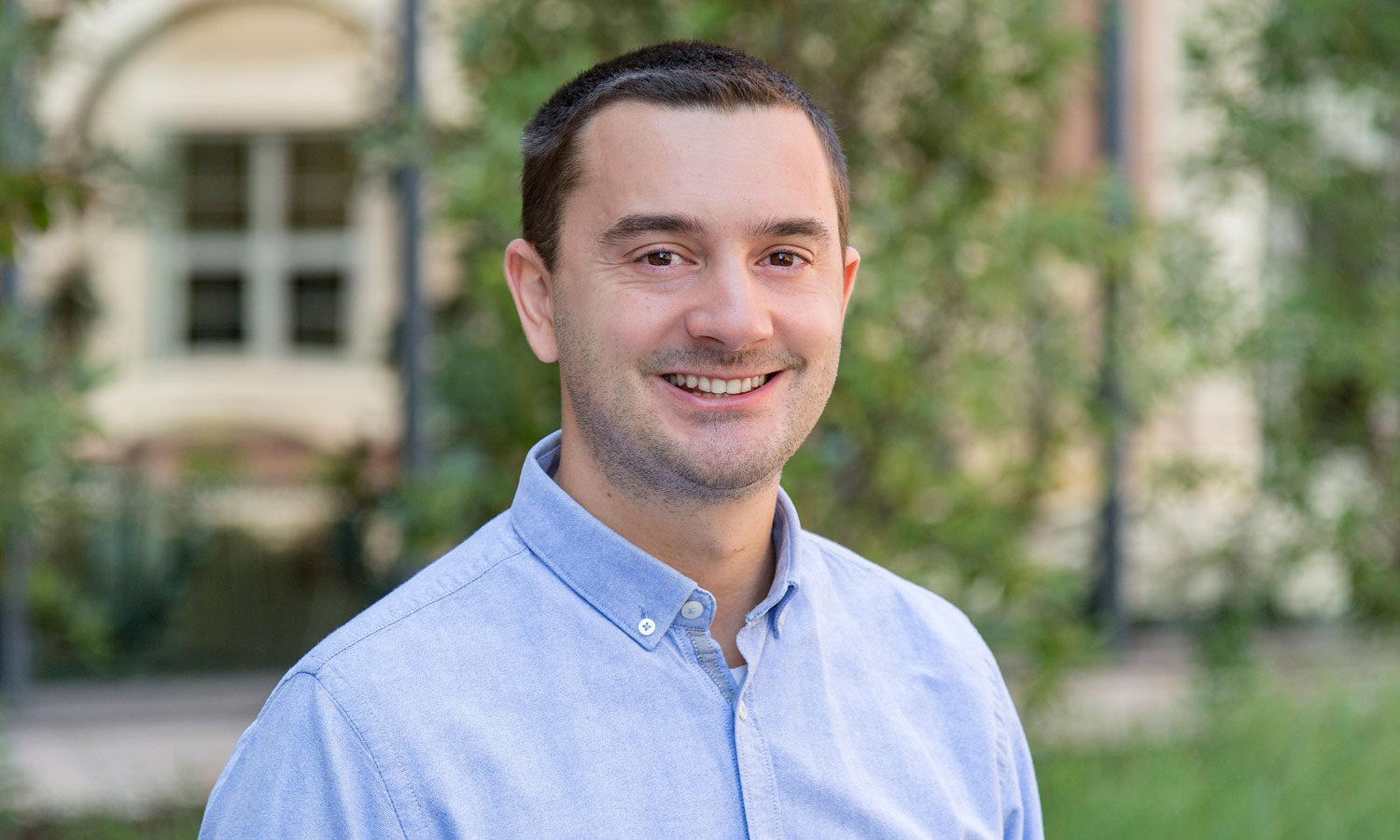A National Science Foundation (NSF) grant awarded to Alberto Cano, Ph.D., associate professor of computer science in the College of Engineering at Virginia Commonwealth University (VCU), will fund high-performance computing equipment that will advance next-generation research across the university. The grant is for $300,000 over three years.
Graphics processing units (GPUs) have become essential computational tools in support of a wide range of research areas. The NSF grant will fund the acquisition of a high-performance GPU cluster to be installed at the VCU High-Performance Research Computing (HPRC) core facility, which provides university-wide access to high-performance computing clusters for research and education purposes. Cano is the facility’s faculty director.
“The acquisition of an NVIDIA DGX H100 GPU system will significantly expand the GPU computing capacity at VCU to help satisfy the increasing high-performance computing demand across various science and engineering disciplines,” Cano said.
Cano is thrilled that the new GPU instrumentation will benefit researchers across the university and across disciplines. The equipment will aid the research and training activities of 22 research groups and impact more than 400 users at VCU.
“The acquisition advances next-generation research in artificial intelligence, modeling and simulations across a broad range of disciplines, including computer science, engineering, life sciences and physical sciences,” he said.
This project will support the research training of undergraduate students, graduate students and postdoctoral fellows. It will also strengthen existing ties with nearby historically black colleges and universities and expand K-12 minority outreach programs.
Cano outlined key research project areas that will benefit from the new equipment: machine learning for high-speed data streams, deep learning and quantum machine learning, neuromodulation (transcranial magnetic stimulation and deep brain stimulation), computational chemistry (quantum chemistry), optics and defects in semiconductors (gallium nitride), software vulnerability prediction using deep learning, nanomagnetic materials and nanoscale magnetic devices, real-time pandemic management architecture, secure and flexible medical IoT infrastructure (protection from cyberattacks deployed at network edge components), and ultrafast dissociation dynamics of isolated organic molecular cations.
Cano’s research examines machine learning, big data, data streams, concept drift, continual learning, graphics processing units and distributed computing. He also heads the High-Performance Data Mining laboratory at the university.
